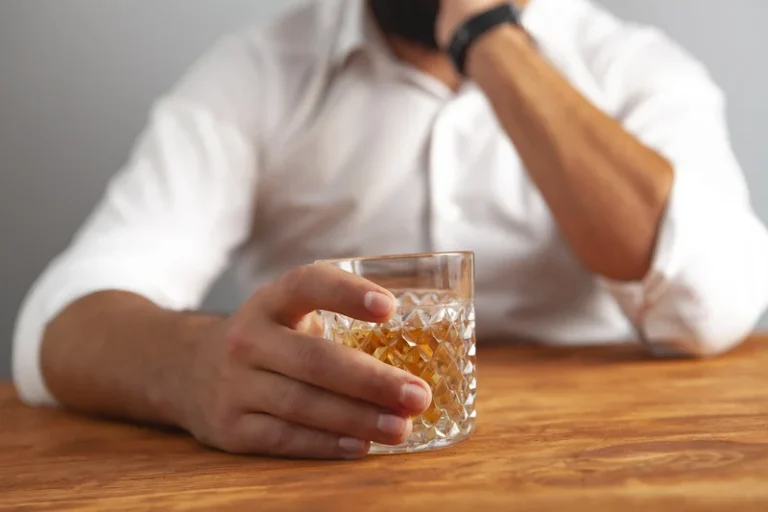
Cannabis (often called marijuana) and cannabis products, such as cannabidiol (CBD), have not been specifically reported to interact with hydrochlorothiazide tablet. However, as with any what is alcoholism drug or supplement, talk with your doctor before using cannabis in combination with hydrochlorothiazide. The impact of cannabis may affect how well you stick to your hydrochlorothiazide treatment plan.
Risks of Alcohol in Type 2 Diabetes
Both conditions can make you feel woozy, wobbly, hungry, tired, or confused. A standard drink contains 12 grams (approximately 0.5 ounce) of pure alcohol. This amount is equal to one 12-ounce bottle of beer or wine cooler, one 5-ounce glass of wine, or 1.5 ounces of distilled spirits. Drinking is individualized and there’s no universal rule for how to do it safely when you live with diabetes.
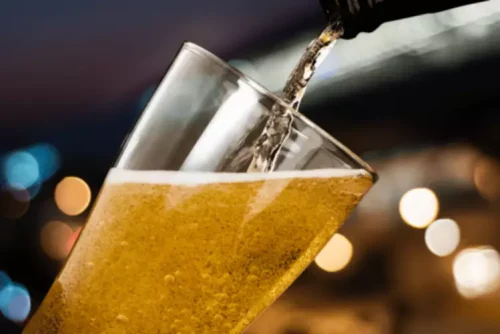
Diabetes and Alcohol: Do They Mix?
- If you have concerns about avoiding alcohol while you’re taking hydrochlorothiazide, talk with your doctor before starting treatment.
- And if you have type 2 diabetes, drinking alcohol may have some benefits—such as lowering glucose levels in the blood—and some real risks, like driving glucose levels down too low.
- Taking these drugs together can increase your risk of low blood pressure and make hydrochlorothiazide less effective.
- Reduction of LDL cholesterol decreases a person’s likelihood of suffering a heart attack or stroke.
This situation can be amplified if the drinker vomits repeatedly. Vomiting can lead to dehydration and a reduced blood volume, which, in turn, increases the levels of certain stress hormones in the blood called catecholamines. Catecholamines further decrease insulin production and increase glucagon production. Accordingly, physicians who treat diabetics known to consume large amounts of alcohol must be aware of the risk of alcoholic ketoacidosis in those patients. Moreover, binge drinking escalates the risk diabetes and alcohol of dropping into dangerously low blood glucose levels unexpectedly.
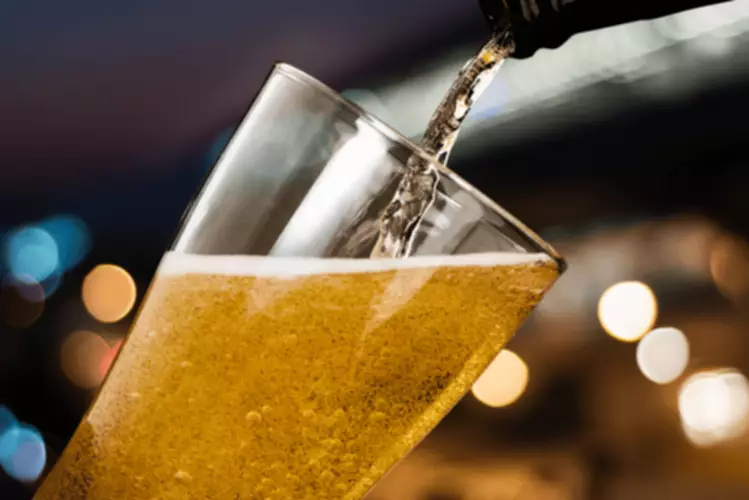
How Does Alcohol Affect Diabetes?
Before starting hydrochlorothiazide, tell your doctor if you take diabetes drugs. If you’re having frequent trouble managing your blood sugar levels, you should consider if it’s safe for you to drink alcohol. After you drink alcohol, your blood sugar levels can drop up to 24 hours later. Check your blood sugar before and while you’re drinking and then again before you go to bed.
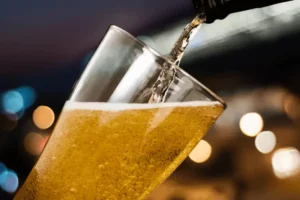
If you are insulin-dependent, your doctor may suggest adjusting your insulin doses while drinking. But even those who have type 2 diabetes who take medication may be vulnerable to hypoglycemia unawareness, even though their blood sugar levels are more likely to skew high than low. When blood sugar levels dip too low, the liver converts glycogen into glucose. This glucose is released into the bloodstream to bring levels up to normal. Many spirits (vodka, tequila, and so on) have only trace amounts of carbohydrates; a glass of wine probably has only a few grams of carbs. A can of light beer may have only a handful of grams of carbohydrates; a regular beer about a dozen.
‘Prince of Peoria’ Star Gavin Lewis Talks T1D
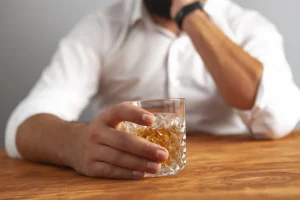
Combining the blood-sugar-lowering effects of the medication with alcohol can lead to hypoglycemia or “insulin shock,” which is a medical emergency. Not eating or taking diabetes medication can cause blood sugar to lower too much. Drinking too much may raise blood sugar and contribute to heart disease, nerve damage, or weight gain. While it’s recommended that people with diabetes limit alcohol consumption, light drinking has been shown to improve blood sugar and insulin sensitivity. If you rely on carbohydrate counting for meal planning, understand and consider how the type and amount of drinks you select will impact your blood glucose levels.

